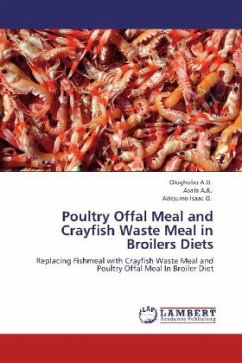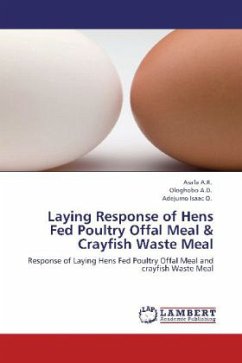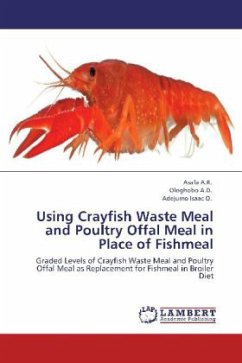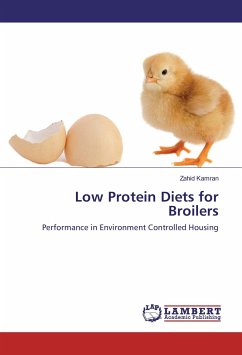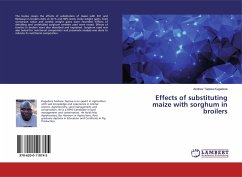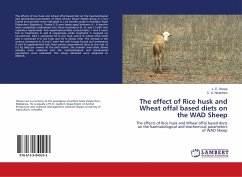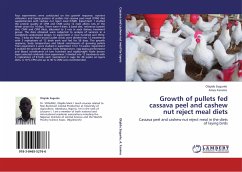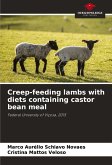Wastes emanating from poultry processing and shrimping industries in Nigeria are mostly biodegradable and are usually dumped in the open on available land. The wastes being proteins putrify, gases such as ammonia, carbon dioxide among others are usually released during the process of biodegradation. These gases contribute to the depletion of the ozone layer and the phenomenon has been a source of concern to the environmentalists because of its effect on the global warming. In addition, the decomposition of these wastes could have significant implications on public health resulting from the growth of deleterious micro-organism during the process. The results of this study showed that combination of poultry offal meal and crayfish waste meal can successfully be used to replace fish meal in the diet of chicken (broiler) without adverse effect on performance.
Bitte wählen Sie Ihr Anliegen aus.
Rechnungen
Retourenschein anfordern
Bestellstatus
Storno

